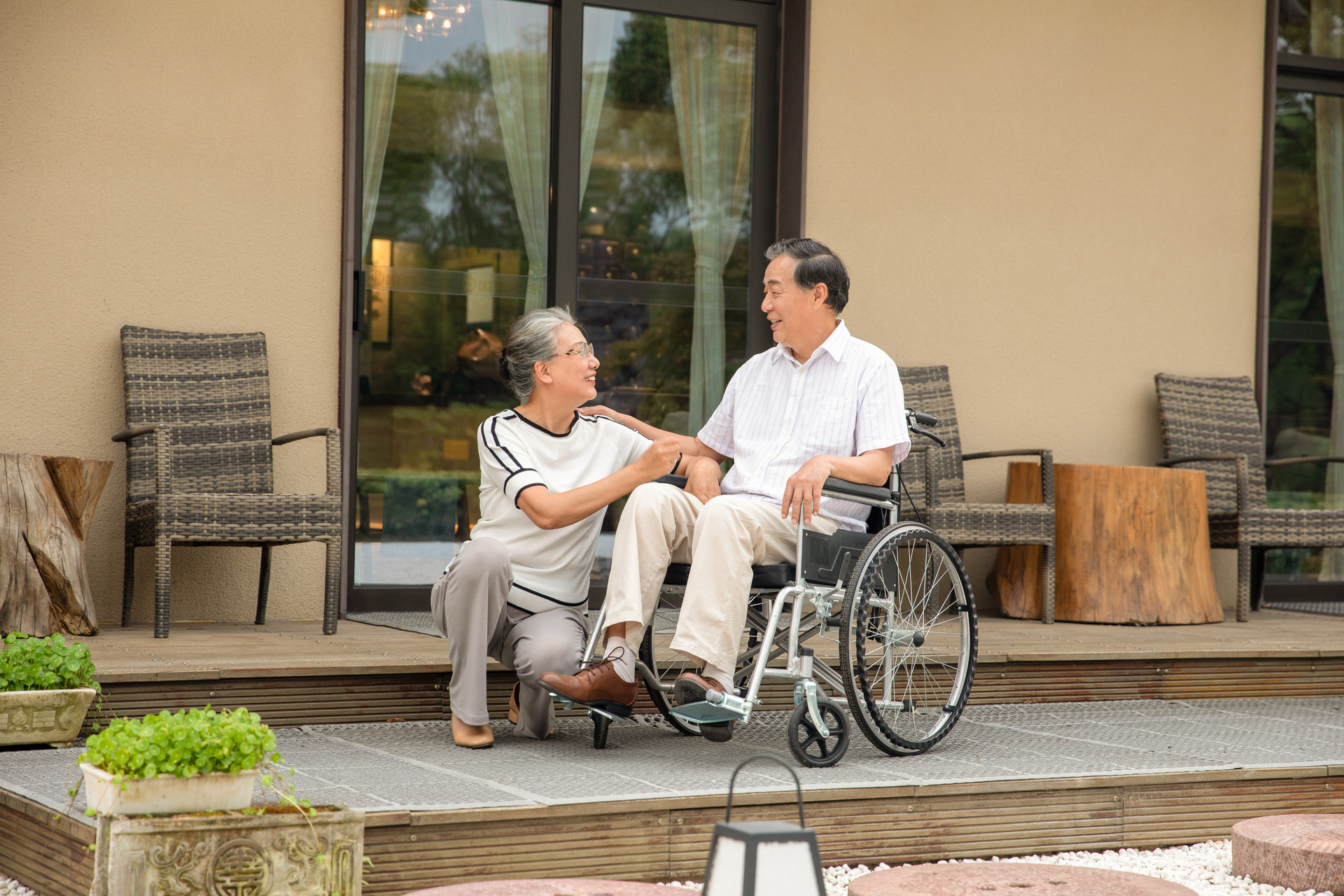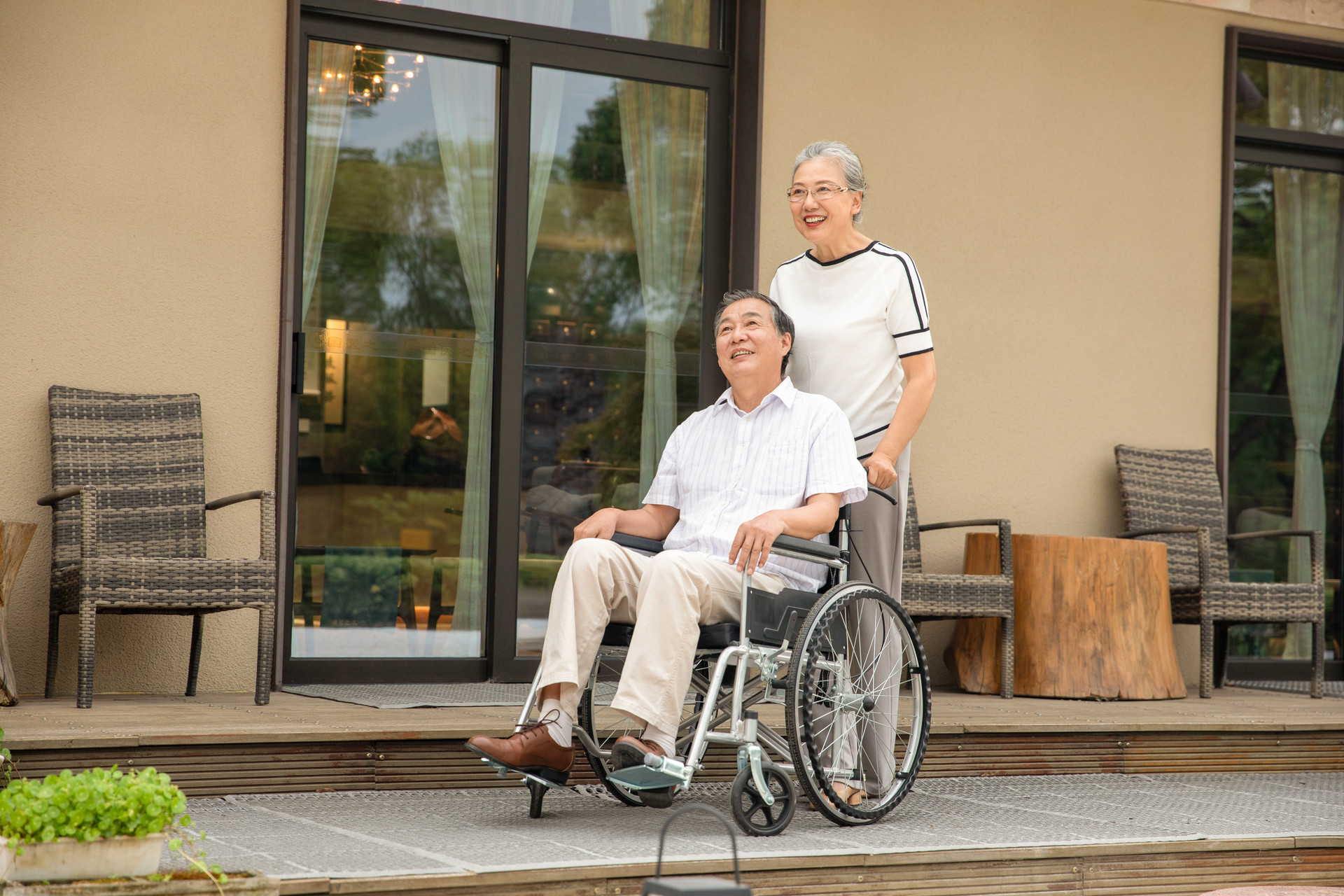A little less quantity. The daily saliva secretion of the elderly is only 1/3 of that of young people, and the gastric secretion is also reduced to 1/5 of the young age, so eating a little more will cause bloating and indigestion. Therefore, the amount of food consumed by the elderly for each meal should be reduced by about 10% compared to when they were young, and it is important to ensure eating smaller meals more frequently.
A little better quality. Protein plays an important role in maintaining normal metabolism and enhancing resistance in the elderly. Generally, the elderly need 1 gram of protein per kilogram of body weight, and it should mainly come from high-quality protein sources such as fish, poultry, eggs, milk, and soybeans.
A little more vegetables. Eating more vegetables is beneficial for protecting cardiovascular health and preventing cancer. The elderly should consume no less than 250 grams of vegetables every day.
A little lighter taste. The taste function of the elderly is somewhat diminished, often leading to a lack of taste and a preference for strong-flavored foods to enhance appetite, which unintentionally increases salt intake. Consuming too much salt can burden the kidneys, possibly reduce the barrier function of the oral mucosa, and increase the chances of survival and spread of respiratory viruses. Therefore, the daily salt intake for the elderly should be controlled at around 5 grams, and they should also consume less salty meats and other salty foods.
A little more variety. Both meat and vegetables should be taken into account, with a combination of coarse and fine foods. The more diverse the variety, the better. The main and side dishes (excluding seasonings) should not be less than 10 types per day.
A little more aroma in the meals. Here, "aroma" does not refer to the excessive use of salt, MSG, and other seasonings, but rather adding some condiments such as onions and ginger to the dishes. The human senses are interconnected, and the sense of smell can compensate for the loss of taste. The smell of fragrant meals will surely increase the appetite of the elderly.
A little warmer food. Cold and raw foods tend to be cold in nature, and consuming too much can affect digestion and absorption by the spleen and stomach, and even cause harm. Therefore, the elderly should try to avoid cold and raw foods, especially during severe winters.
A little thinner rice. Making rice into porridge is not only soft and easy to digest, but also has the effect of invigorating the spleen, nourishing the stomach, and moistening dryness, which is beneficial for longevity. However, the elderly should not drink porridge for every meal. After all, porridge is mainly made of water, with very few "dry ingredients". In the same stomach capacity, porridge differs greatly from steamed buns and rice in terms of nutrition. In the long run, it may lead to malnutrition.
A little slower eating pace. Chewing slowly and swallowing slowly can generate a feeling of fullness, prevent overeating, and promote better digestion of food.
A little better breakfast. Breakfast should account for 30% of the total daily caloric intake.









